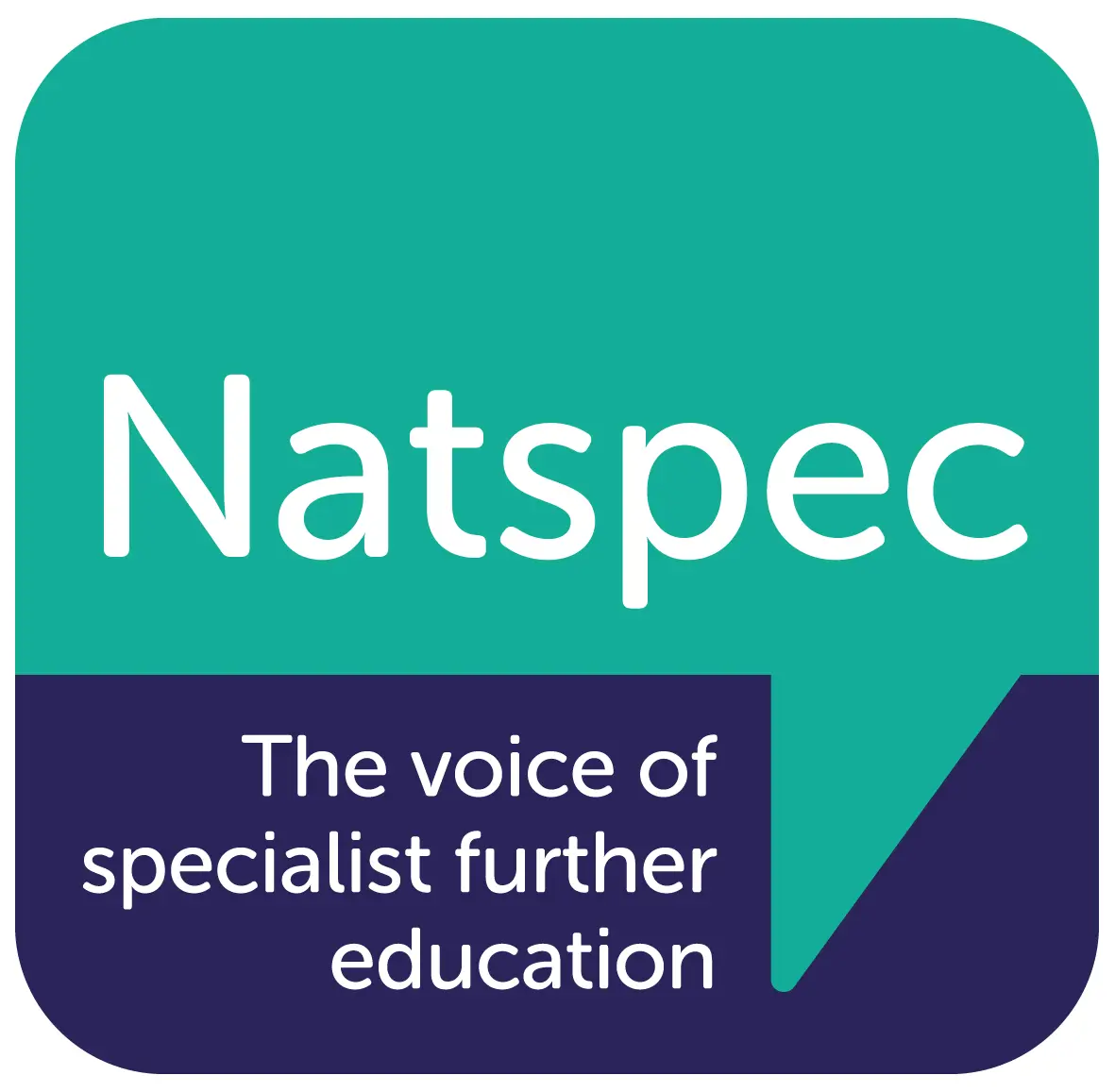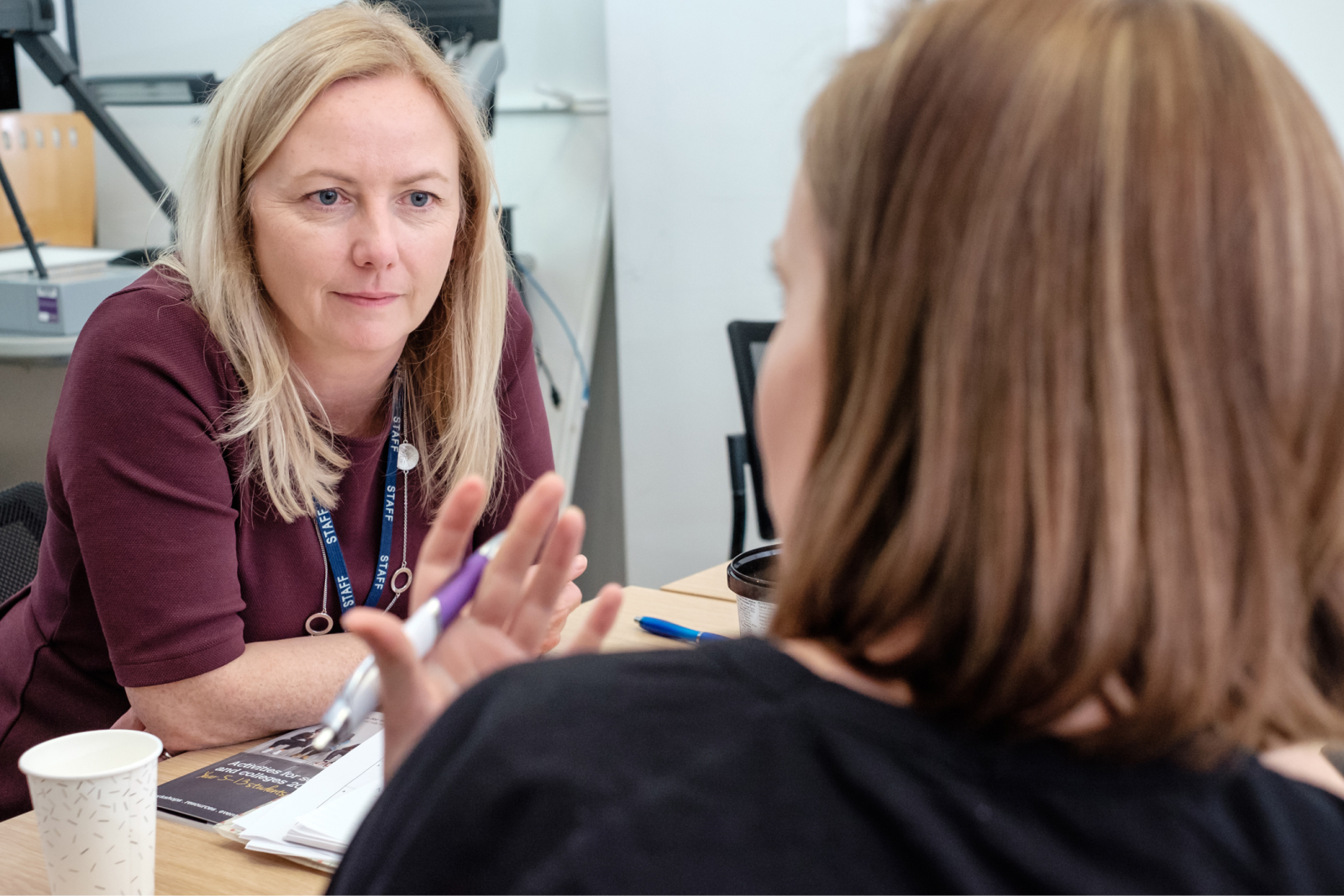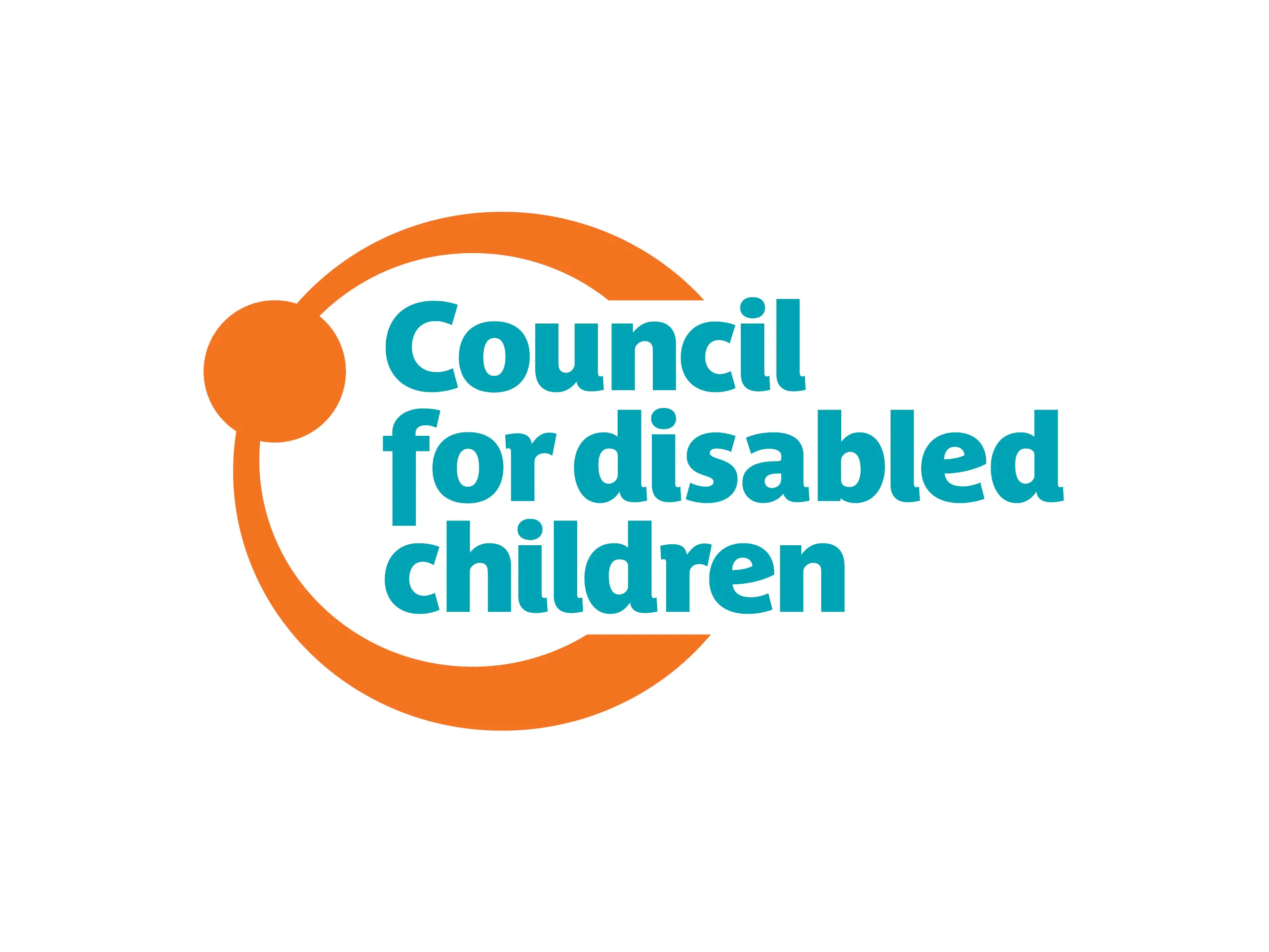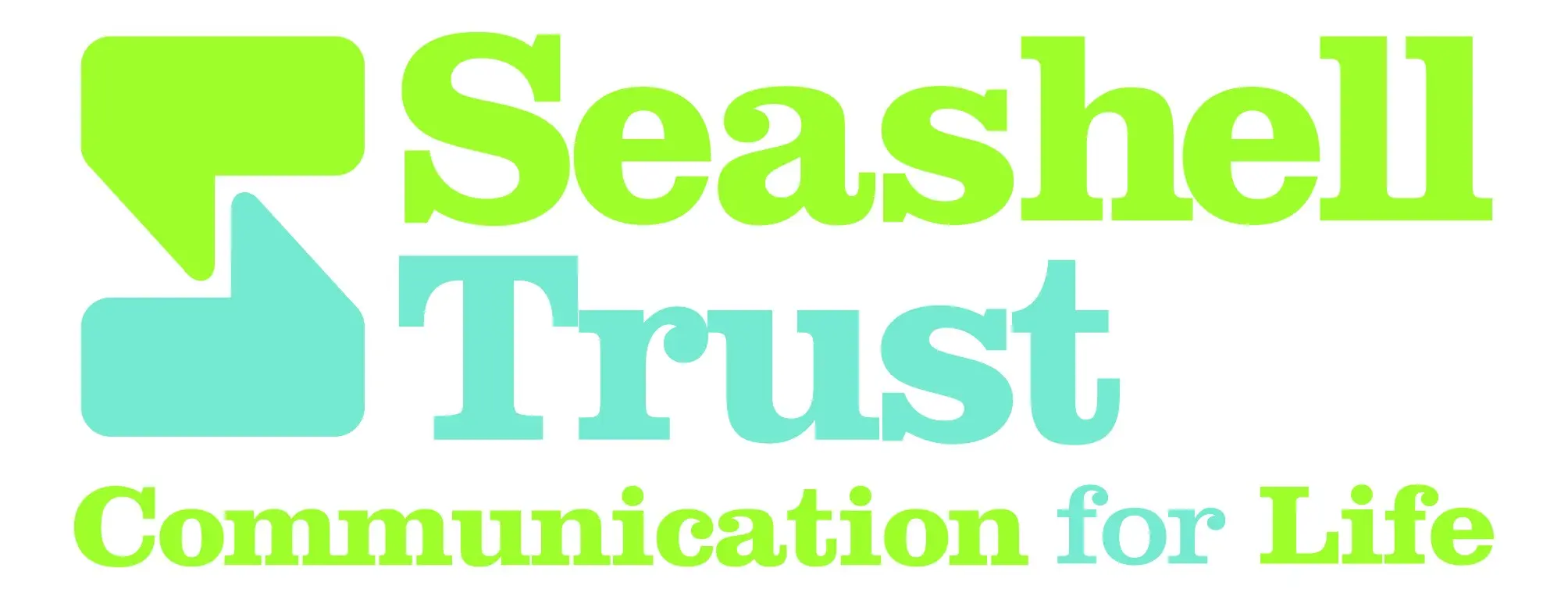
Natspec is the membership association for organisations which offer specialist further education and training for students with learning difficulties and/or disabilities.
Over 90 per cent of specialist colleges in England and Wales are Natspec members.
Natspec represents and supports specialist colleges and provides training for the wider further education sector. Specialist colleges have a wide set of specialisms, including those associated with a condition (such as epilepsy, autism or sensory impairment), a particular level of support need (such as profound and multiple learning difficulties) or a particular vocational focus (such as performing arts or hospitality and catering). Although specialist colleges provide for a minority (around 9 per cent) of the students who attract high needs funding, they can be an appropriate post-school option for young people with more complex needs.
Adopting the Gatsby Benchmarks
The Benchmarks form a careers framework that truly represents best practice, and we are pleased to have seen over the last two years so many of our members adopting and working towards them in a way that is tailored to the needs of their students. Many of our members have also realised, through auditing their current provision against the Benchmarks, that they were already well on their way towards meeting them. Here, we have collected together some examples of how our members have approached delivering good career guidance in their setting.
The Orpheus Centre in Surrey has developed a comprehensive transitions programme as part of meeting Benchmark 1: A Stable Careers Programme. All students, staff, families and employers understand the initiatives in place to support students. The transition programme includes specific housing advice, multiple periods of work experience, and training in shopping, budgeting, healthy living and travel. They also deliver disability awareness training to local employers.

Emphasising student voice
Derwen College in Oswestry saw that Benchmark 3: Addressing the Needs of Each Student needed a personalised approach. It has put great emphasis on student voice, and its work in this area has attracted national recognition through National Union of Students (NUS) democracy awards. Each student is encouraged to articulate their aspirations and as a result, the college has responded to student requests, and engaged in community activities such as the Oswestry Disability group and the Oswestry Connectors network.
Hosting transition events
When considering how to meet Benchmark 5: Encounters with Employers, National Star College in Cheltenham built on the strength of its transitions event, which last year featured 47 exhibitors from across the country, providing information, advice and personal support. It also created FestABLE, the first festival dedicated to specialist learning and work opportunities in the UK. Hundreds of parents, professionals and young people with Special Educational Needs and Disabilities (SEND) came together to listen to speakers, attend workshops and have a go at different activities they might do in college or in work.
Improving student outcomes
Finally, Foxes Academy in Minehead has become a Disability Confident leader, as part of a Government-backed scheme to support more employers to make the most of the talents of disabled people. They have created links to scores of local employers in line with Benchmark 5: Encounters with Employers and Benchmark 6: Experiences of Workplaces. The work done by Foxes Academy has had a dramatic effect on student outcomes: 81 per cent of leavers from 2017 gained employment and are still employed a year later, far higher than the national employment rate for people with learning difficulties of less than 6 per cent.
Progressing from specialist colleges
The primary purpose of specialist colleges is to offer appropriate learning that enables each student to make a positive progression, including to employment and appropriate living arrangements. Alongside education, they offer care, therapies and learning support. This equips their students with the skills they need to be full members of society, enabling their learners to lead as healthy and independent lives as possible.
We know that for young people with SEND, transition points between life settings are especially difficult, so we welcome the focus of the Gatsby Benchmarks on ensuring each student receives comprehensive information about the options available to them. Colleges working towards the Benchmarks will be able to feel more confident that the young people they provide for, and their families, can make informed decisions, in line with the Children and Families Act 2014 and the Government’s SEND Code of Practice.
Clarifying the offer
Specialist colleges need to make clear to mainstream and specialist schools the nature of their role and their offer, including what they cannot provide as well as what they can. An open, transparent, trusting and honest relationship between providers is essential to help students with SEND get a true picture of when provision would be right for them and when it would not. South and City College Birmingham, for example, hosts meetings for surrounding schools (both specialist and mainstream) to discuss the types of opportunities available, not only at their own college, but also to make clear when it would not be suitable to direct students there.
Where the provision on offer by specialist colleges is well understood, they can play a vital role in supporting students with SEND to make the successful transition to adulthood.
School-college partnerships are crucial to making sure this advice is consistent, so I would encourage specialist colleges to reach out to schools in their region and build links with them, and for schools to look for the specialist college provision available to them. Doing this will not only help schools address Benchmark 7: Encounters with Further and Higher Education in a successful, appropriate way for all their students, but most importantly, it also ensures that young people can progress to the most appropriate environment and succeed.

